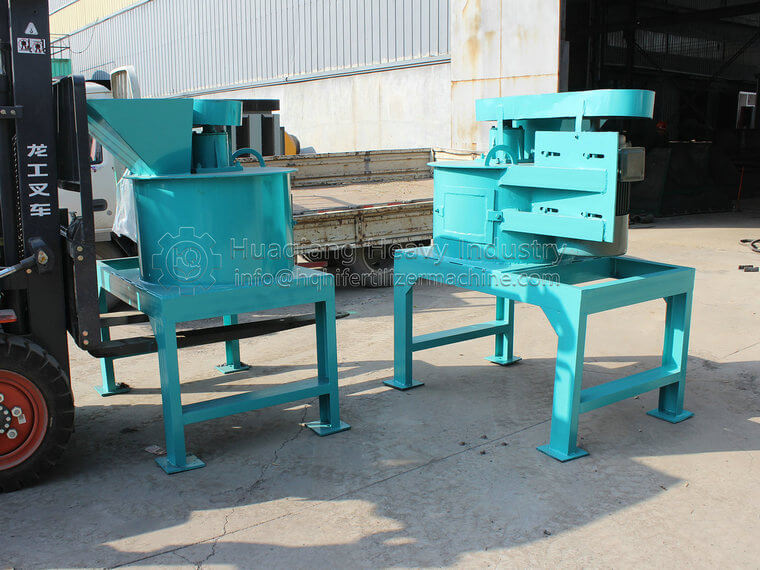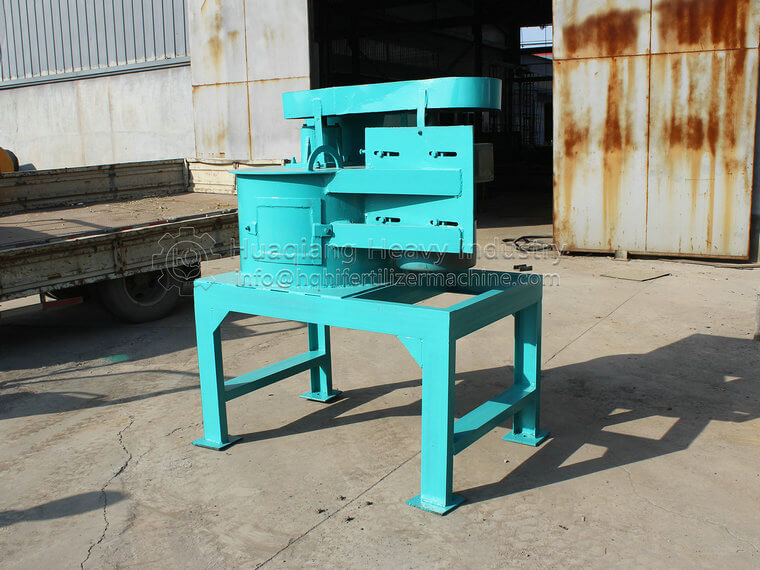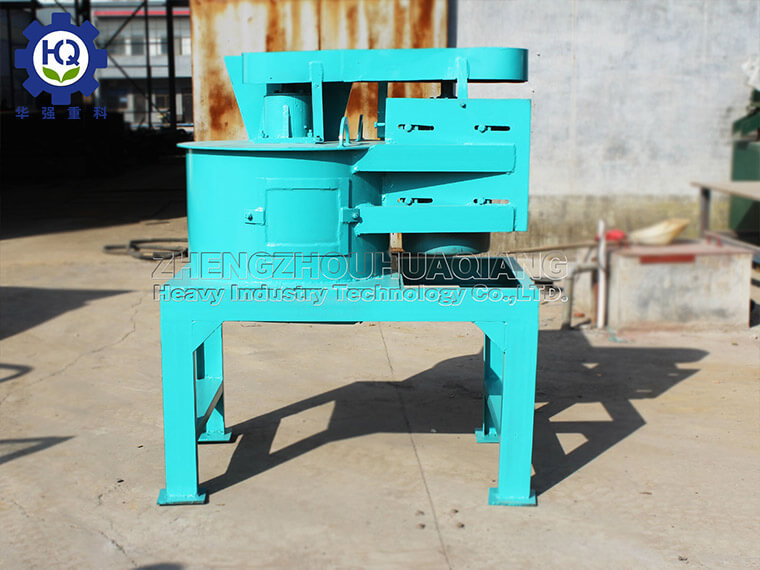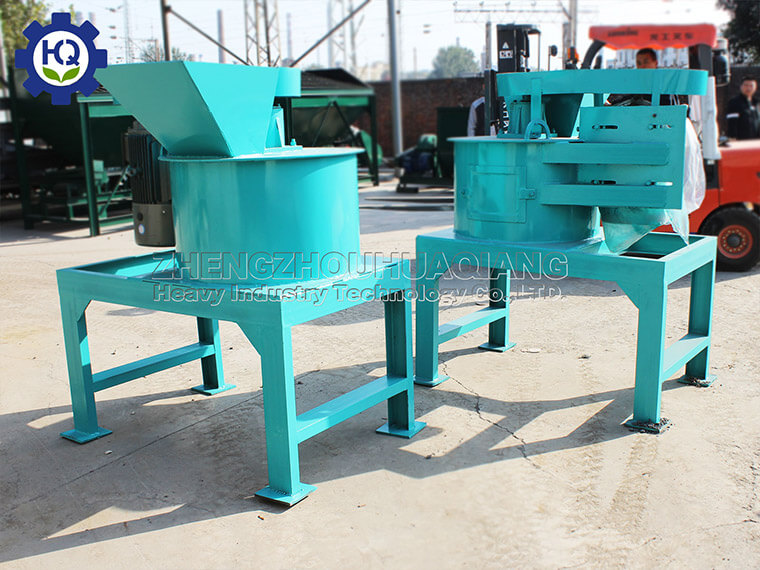The NPk fertilizer production line is a complex and sophisticated system that involves multiple devices working together to ensure the production of high-quality compound fertilizers.
Firstly, there is the raw material processing equipment. Fertilizer crusher is essential as it is responsible for crushing hard raw materials such as block shaped phosphate ore and potassium ore, reducing their particle size and facilitating subsequent processing. Jaw crushers are often used for coarse crushing operations due to their powerful crushing capacity; The cone crusher can perform medium to fine crushing and produce materials with more uniform particle size. The screening machine follows closely behind, which can screen the crushed raw materials, separate the materials that do not meet the particle size requirements, and return them to the crusher for further processing to ensure that the particle size of the raw materials entering the production line meets the standard.
The ingredient equipment plays a crucial role in the production of NPk fertilizers. The electronic belt scale can accurately measure the conveying volume of various raw materials, and precisely control the addition ratio of each raw material according to the preset fertilizer formula. Weight loss scales are commonly used for blending materials with poor fluidity, achieving high-precision blending by continuously measuring the weight changes of materials in the silo. These ingredient equipment ensure accurate proportions of nitrogen, phosphorus, potassium, and other trace elements in fertilizers.
Fertilizer mixer is the core link to ensure fertilizer quality. The horizontal screw belt mixer is widely used, which rotates the screw belt to fully flip and mix materials in both horizontal and vertical directions, achieving uniform distribution. The dual axis blade mixer, with its unique blade design, can achieve higher mixing uniformity in a shorter time, especially suitable for production processes that require strict mixing effects.
Granulation equipment endows fertilizers with specific physical forms. The disc granulator uses a rotating disc to gradually aggregate the material into particles during the rolling process, and the particle shape is relatively regular. The rotary drum granulator utilizes the rotation of the drum to allow materials to collide and bond into granules internally, resulting in higher production efficiency. In recent years, spray granulation technology has become increasingly popular, which can produce high-quality fertilizers with high particle strength and good solubility.
Drying and cooling equipment are also important components of NPk fertilizer production lines. The dryer uses hot air to dry the granulated fertilizer, removing excess moisture and preventing fertilizer clumping. The cooling machine quickly reduces the temperature of the fertilizer, improves the hardness and stability of the particles, and facilitates subsequent storage and transportation.
Finally, the packaging equipment puts a “coat” on the finished fertilizer. The automatic quantitative packaging scale can accurately package fertilizers according to the set weight, while the sealing machine ensures that the packaging bags are tightly sealed. The labeling machine attaches product information labels to fertilizers to ensure that the products comply with market sales standards.
These devices work together to form a complete NPk fertilizer production line, providing a continuous supply of high-quality fertilizers for agricultural production.







